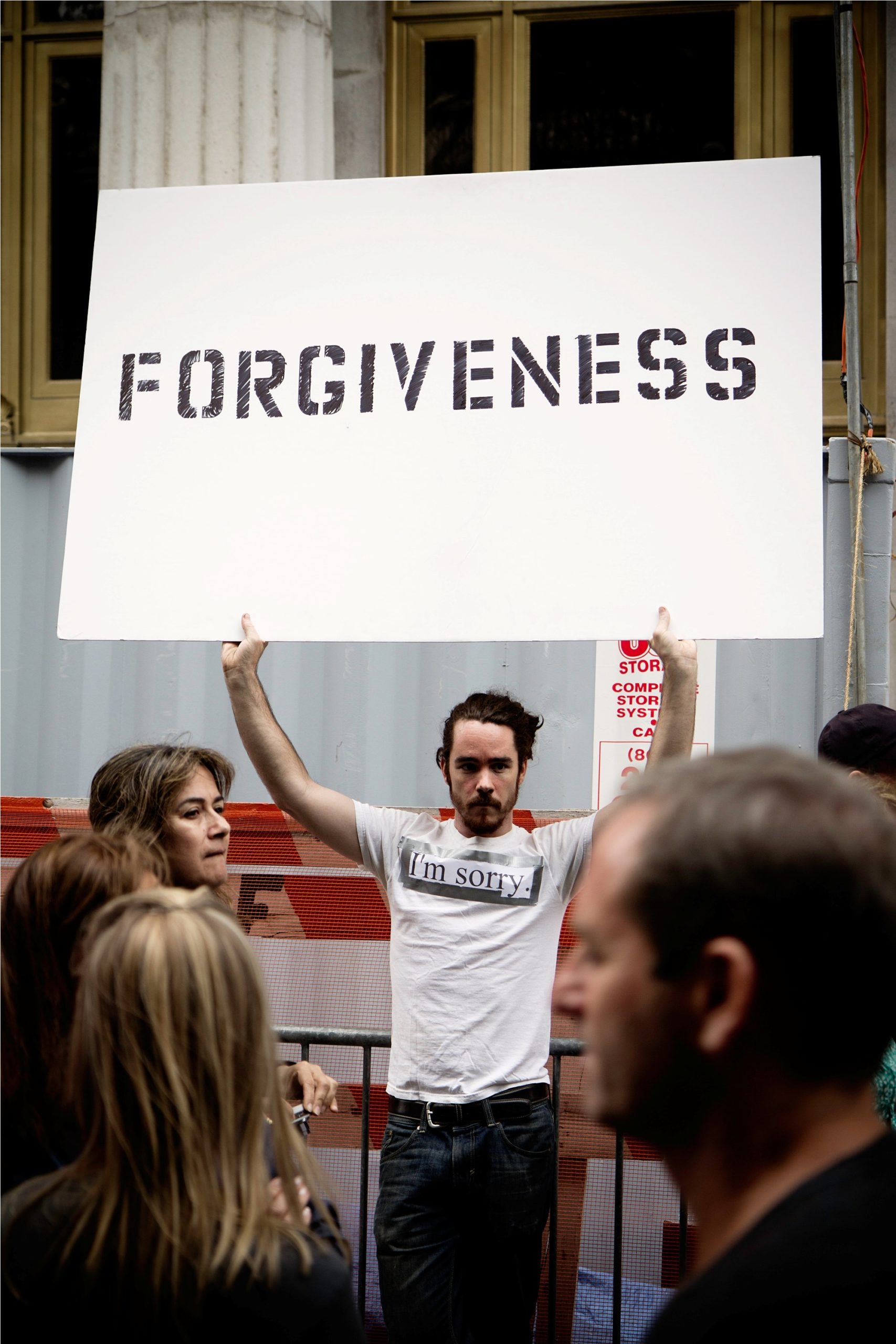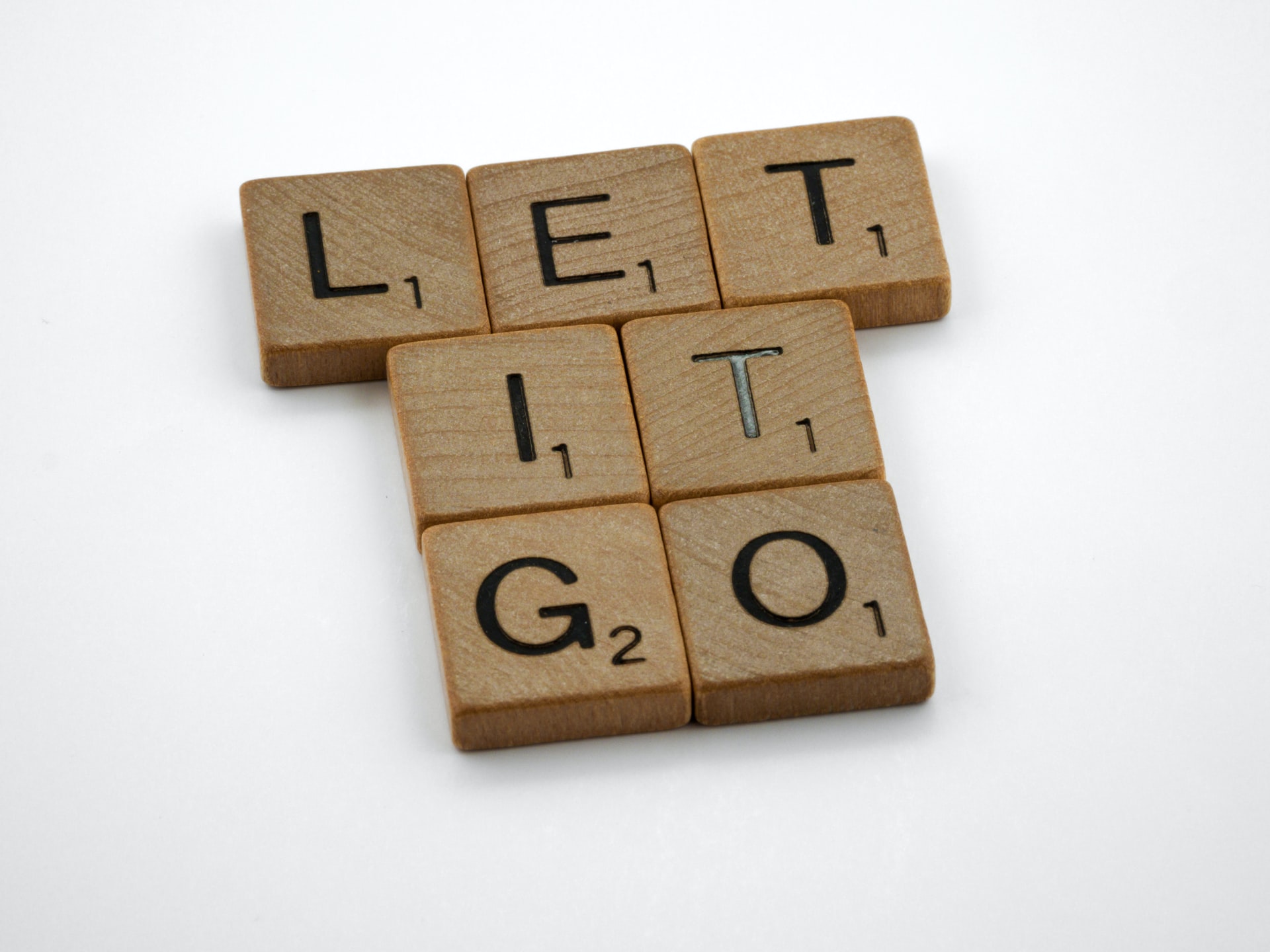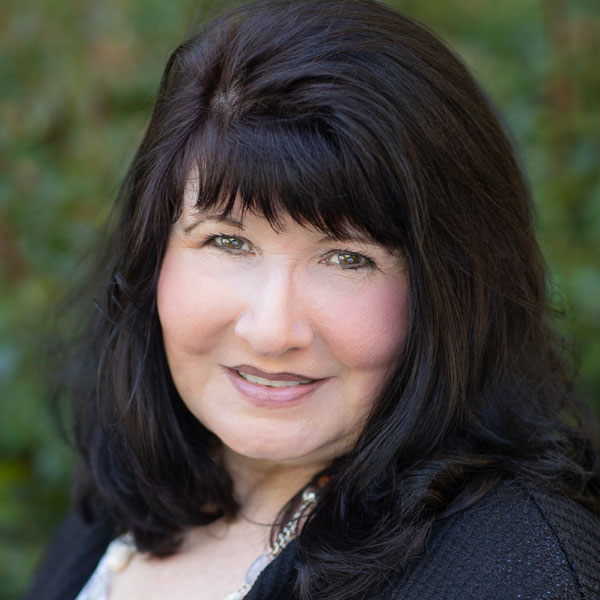🎧 Listen to this article
We were designed to flourish best in relationships with others. That’s one part of what it means when we say that human beings are social creatures. Being in relationships with other people can be deeply rewarding and fulfilling, and that makes sense given that the God who created us is relational.
 However, we must acknowledge another reality about relationships – they can also be deep wells of pain. To be in meaningful relationships with others is to be vulnerable. Being vulnerable to others means that you can get hurt by them.
However, we must acknowledge another reality about relationships – they can also be deep wells of pain. To be in meaningful relationships with others is to be vulnerable. Being vulnerable to others means that you can get hurt by them.
When hurt enters our relationships, one of the options before us is to forgive the person who may have hurt us. The alternative is to hold onto the hurt, which leads to bitterness taking root in our hearts and a grudge developing. That ultimately sours the relationship, if not destroying it outright.
If we are to forgive the people who hurt us, it is important to understand what forgiveness is and isn’t, to know what it is we are doing when we say we’re forgiving them. Below you will find a few pointers to help you better understand the practice of forgiving others and to encourage you to healthy forgiveness toward others in your life.
Forgiveness is about you.
Forgiveness, believe it or not, is more about you than it is about the other person. We sometimes think that in forgiving others we are primarily releasing them from their feelings of guilt about whatever we think they might have done towards us. That may be partially true, but forgiveness is aimed primarily at our own hearts.
When someone hurts you that produces feelings of anger, hurt, betrayal, and other negative emotions. It’s easy to want to pay back the person for what they did, to get them to feel something of what we have felt. In our anger, we might want revenge, or to pay back to the person what we have experienced or felt.
Forgiveness is about letting go of the bitterness we feel toward the person who hurt us. It is about letting go of the desire for revenge or seeing them suffer as we have. Forgiveness is about releasing ourselves from these emotions so that we can reengage in the relationship.
Forgiving others is a (hard) choice.

Letting go of our feelings of resentment or bitterness towards someone is not an easy choice. This can be made way more difficult if the person is a repeat offender or someone that we encounter every day or on a regular basis. The very sight of the person or another offense could trigger those negative emotions.
Forgiveness is a choice and a hard one at that. It’s an act of the will, a commitment to let go. That commitment may get tested daily making forgiveness one of the most difficult things you may ever have to do in your life.
This is even more difficult in situations where you don’t have a resolution or the person who has hurt you has not expressed remorse or experienced any consequences for their actions. Forgiveness is certainly not easy. It’s not a once-off choice either, but a process that can take time.
Forgiveness doesn’t foreclose accountability (or consequences).
One of the things that make many people struggle with the idea of forgiveness is that they feel they are letting the person slide. Forgiveness feels like we’re saying what they did doesn’t matter or didn’t hurt, and that’s a hard pill to swallow. On the contrary, forgiveness doesn’t mean that the natural consequences that flow from an action don’t follow.
If someone breaks their promise to you, you can forgive them and release the anger and bitterness you may feel toward them, but that doesn’t mean that you keep believing them. One natural consequence of a breached promise is the loss of trust.
If what the person has done is criminal in nature, forgiveness does not mean that there are no legal consequences that flow from their actions. As mentioned before, forgiveness is about releasing you from the desire for vengeance, and not about releasing the person from accountability.
Forgiveness allows for relationship.
Our relationships with others are ripe with opportunities for disappointment and hurt. These arise even with people we don’t choose to be close to, like a neighbor, fellow congregation member, or a colleague. In a book with a provocative title, No Future Without Forgiveness, Desmond Tutu of South Africa paints a picture of the long road that country had to walk toward reconciliation after years of apartheid.

Atrocities had been committed, and to be truly reconciled, the truth about that horrible past had to be faced squarely. For people to take that step toward reconciliation, forgiveness had to take place so that the possibility of a relationship could exist.
As Tutu points out in his book, forgiveness and reconciliation aren’t about forgetting what happened or pretending everything is fine. Forgiveness is about seeing things for what they are but choosing to forego vengeance. Even if, as in the case with South Africa, people don’t necessarily become friends, forgiveness opens up at least the possibility of coexisting with one another.
With people that you know and love, forgiveness allows for a relationship to reset and stay on a path toward growth. For husbands and wives, siblings, friends, and others, being able to forgive one another allows them to find their way back to each other again. If you let anger and bitterness have their way in your heart, that could spell the end of your relationship as you know it.
It’s ridiculously hard to do a favor for someone you have a grudge against. It’s complicated hanging out and having fun with or making love with someone while wishing bad things to happen to them. The choice is often between holding onto those ill feelings toward them versus letting go of the negative feelings you hold toward the person.
Forgiving others is good for you.
Because forgiveness is more about you than it is about the other person, it’s important to note that forgiving a person who’s hurt you is also good for you. Have you ever noticed how you feel when you’re in a room with someone you feel negatively towards? It’s stressful! Not forgiving someone can result in increased anxiety, depression, elevated blood pressure, and a decreased immune response, among other negative health outcomes.
 Not only might you experience these negative effects on your health, but unforgiveness may affect other areas of your life. Because of one broken relationship, you might end up bringing anger and bitterness to your later relationships and new experiences, losing enriching connectedness with others because you’re wrapped up in your hurt.
Not only might you experience these negative effects on your health, but unforgiveness may affect other areas of your life. Because of one broken relationship, you might end up bringing anger and bitterness to your later relationships and new experiences, losing enriching connectedness with others because you’re wrapped up in your hurt.
Additionally, your enjoyment of the present can be affected, and you may feel as though your life has lost meaning or purpose, or that by not forgiving them you’re at odds with your faith in God. Your relationships, not only with the person you’ve forgiven but with others around you, will be immeasurably healthier if you practice forgiveness.
Forgiveness is about letting go of our feelings of resentment towards a person who’s hurt us. But more than that, it is also about extending empathy, understanding, and compassion to that person. Christians recognize that we need forgiveness as much as other people do.
One poignant verse is Ephesians 4:32 which reads, “Be kind and compassionate to one another, forgiving each other, just as in Christ God forgave you.” When we see the person who has caused us offense as a fellow human being, empathy and compassion build our character, and can even rebuild self-esteem where it has been undermined.
Conclusion
Forgiveness is not an easy choice or a quick process. When we exercise empathy and try to see things from someone else’s perspective, that may help us understand them better and enable us to extend forgiveness to them. Forgiving someone can be trying, and it takes effort to let go of feelings of resentment and view the offender with compassion and understanding.
Forgiveness doesn’t change the other person – don’t expect it to. But forgiveness does change us. It brings us peace, reduces stress, and helps us to be healthier people mentally, emotionally, and spiritually. If you’re struggling with forgiving someone, consider finding a therapist or a support group to walk with you on your journey.
“Black Heart”, Courtesy of Kelly Sikkema, Unsplash.com, CC0 License; “Forgiveness”, Courtesy of Felix Koutchinski, Unsplash.com, CC0 License; “Let It Go”, Courtesy of Brett Jordan, Unsplash.com, CC0 License; “Reaching Out”, Courtesy of Toa Heftiba, Unsplash.com, CC0 License






